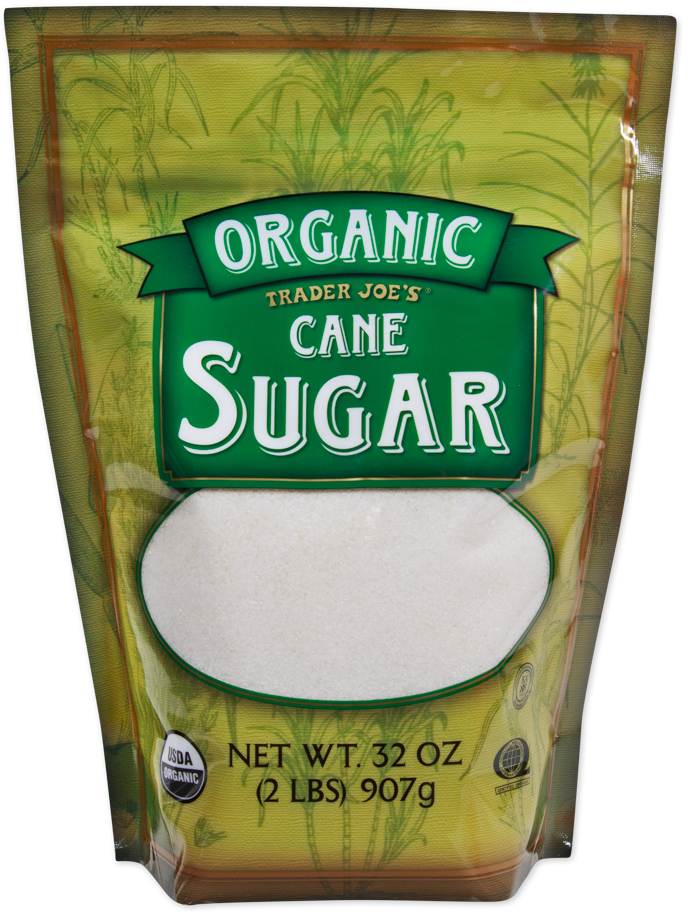A Thorough Summary of the Wellness and Economic Ramifications of Cane Sugar Handling on Neighborhood Communities
Walking stick sugar processing plays a critical role in shaping the financial landscape of regional neighborhoods, providing work possibilities and promoting ancillary markets. The wellness implications linked with high sugar intake can not be ignored, as they contribute to climbing rates of weight problems and diabetes.
Financial Advantages of Walking Stick Sugar Processing
Cane sugar handling uses substantial economic advantages that extend past the instant farming market. The cultivation and processing of sugarcane produce various work chances, from farming to manufacturing and circulation. This employment generation not just supports local economic situations yet additionally cultivates neighborhood development by giving secure earnings resources for households.
Moreover, the sugar market stimulates secondary businesses, consisting of transport, equipment supply, and product packaging solutions (Cane Sugar Processing). As these industries grow, they add to a more durable financial structure, boosting general neighborhood strength. The export potential of refined cane sugar additionally enhances financial benefits, positioning regions as competitive players in international markets
Investment in modern processing centers can cause increased efficiency and performance, therefore lowering waste and optimizing resource use. This shift not only profits the neighborhood economic situation however likewise sustains sustainability initiatives by lessening ecological impacts.
Additionally, the profits generated from walking stick sugar processing can be reinvested in regional framework, education and learning, and health care, promoting all natural community development. Generally, the economic advantages of walking cane sugar handling are multifaceted, offering a structure for withstanding prosperity in agricultural areas.
Wellness Threats Connected With Sugar Consumption
Excessive sugar intake postures considerable wellness dangers that warrant serious focus. High intake of included sugars, specifically from processed beverages and foods, has actually been linked to various health problems.
Additionally, high sugar consumption is related to cardio illness. Elevated blood sugar level degrees can cause insulin resistance, a forerunner to various heart-related concerns. Additionally, sugar can have destructive effects on oral wellness, resulting in cavities and gum tissue illness, as germs in the mouth flourish on sugar, creating acids that erode tooth enamel.
Additionally, arising research study suggests a possible link between high sugar usage and psychological health problems, such as anxiety and stress and anxiety. As communities face these health and wellness risks, it comes to be vital to promote understanding and encourage much healthier nutritional choices. Dealing with sugar consumption is vital not just for private wellness however additionally for the total well-being of regional neighborhoods, highlighting the demand for comprehensive public wellness techniques.
Environmental Influences of Sugar Manufacturing
Frequently ignored in discussions concerning sugar's implications is the considerable ecological effect of sugar production. The growing of sugarcane frequently requires extensive land usage, bring about deforestation, loss of biodiversity, and disruption of local ecosystems. The conversion of woodlands and marshes into sugar plantations can lead to habitat damage, threatening various species and modifying environmental equilibrium.
Furthermore, sugar manufacturing is resource-intensive, consuming substantial amounts of water for watering. This can result in depletion of regional water sources, detrimentally impacting both farming techniques and area accessibility to tidy water. Furthermore, the usage of chemical plant foods and chemicals in sugarcane farming can add to soil degradation and water air pollution, as runoff from these chemicals enters close-by rivers and lakes, influencing marine life and human health and wellness.
The environmental impact encompasses the handling stage, where power consumption and waste generation more worsen environmental worries. Air pollution from melting sugarcane fields, along with greenhouse gas emissions, add to climate modification. As such, the other ecological implications of sugar manufacturing warrant serious factor to consider, prompting stakeholders to adopt even more lasting methods to mitigate these negative effects on regional ecosystems and neighborhoods.
Job Production and Area Growth
The environmental challenges presented by sugar production are frequently counteracted by its potential for economic benefits, especially in work creation and community growth. The cane sugar market offers as a significant source of work in numerous rural locations, providing tasks throughout numerous ability levels, from farming labor to handling and circulation duties. This work not only supports private family members yet likewise adds to the general financial vigor of neighborhood neighborhoods.
Furthermore, the establishment of sugar processing Full Article facilities stimulates supplementary services, such as transport solutions, tools supply, and maintenance providers. As these companies flourish, they create added jobs and bolster local economic climates. The income produced from the sugar market likewise causes enhanced tax incomes, which can be reinvested into community services such as education, medical care, and framework development.
Additionally, the sugar industry often participates in neighborhood advancement initiatives, such as supporting local colleges and health programs, therefore improving the lifestyle for homeowners. By promoting solid neighborhood connections and promoting financial growth, the walking stick sugar handling market plays an important duty in uplifting local populations, making it a crucial element of lasting development techniques in sugar-producing regions.
Harmonizing Health and Economic Growth
In browsing the complexities of walking cane sugar processing, an essential challenge depends on stabilizing health considerations with financial growth. The sugar industry substantially contributes to local economies by creating work, boosting relevant markets, and boosting tax obligation revenues. However, the wellness effects connected with extreme sugar intake can cause persistent conditions such as obesity, diabetes mellitus, and cardiovascular problems, which can problem public wellness systems and lessen workforce efficiency.

Furthermore, regulative structures can play an essential duty in guiding industry methods towards even more lasting and health-conscious techniques. By cultivating cooperation between government bodies, health companies, and the sugar industry, neighborhoods can navigate the dichotomy of health and wellness and economic growth, making sure that the advantages of walking cane sugar handling are equitably shared while focusing on public wellness.
Verdict
Finally, the processing of walking stick sugar continue reading this offers both considerable economic advantages and remarkable wellness risks for local neighborhoods. While it promotes task production and stimulates local growth, the affiliated wellness issues, specifically regarding excessive weight and diabetes mellitus, demand a cautious balancing act. By promoting responsible intake and investing in area education and sustainable techniques, it is feasible to make the most of financial advantages while lessening unfavorable health results, consequently making sure a healthier future for local populaces.
Furthermore, sugar can have harmful effects on dental health and wellness, resulting in cavities and gum tissue disease, as microorganisms in the mouth grow on sugar, producing acids that erode tooth enamel.
Dealing with sugar usage is vital not only for private health however also for the overall wellness of neighborhood neighborhoods, stressing the demand for extensive public wellness approaches.
Often forgotten in conversations about sugar's effects is the considerable ecological impact of sugar production. The wellness implications associated with excessive sugar usage can lead to persistent illness such as weight problems, diabetes mellitus, and cardiovascular problems, which can concern public health and wellness systems and decrease workforce efficiency.
